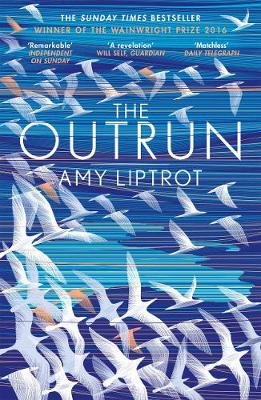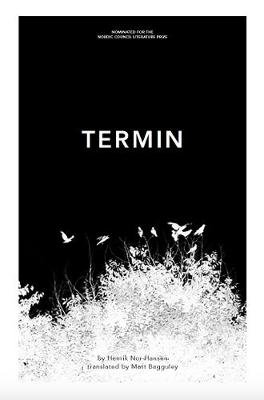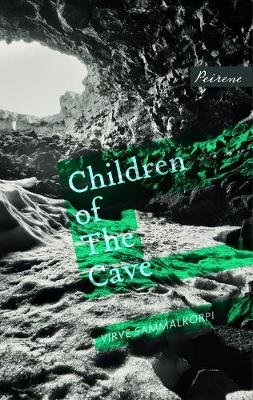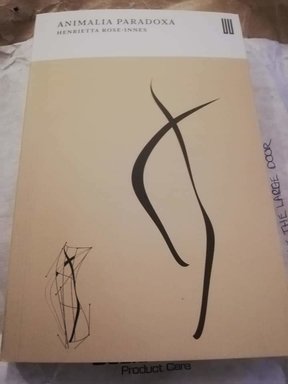Irmgard Keun, The Artificial Silk Girl (1932)
Translated from the German by Kathie von Ankum (2002)

Meet Doris:
And I think it will be a good thing if I write everything down, because I’m an unusual person. I don’t mean a diary – that’s ridiculous for a trendy girl like me. But I want to write it like a movie, because my life is like that and it’s going to become even more so. And I look like Colleen Moore, if she had a perm and her nose were a little more fashionable, like pointing up. And when I read it later on, everything will be like at the movies – I’m looking at myself in pictures.
Doris’s voice comes at us in this beguiling tumble of sentences (a wonderful translation by Kathie von Ankum), as though she’s creating her thoughts and life as she goes. In a sense, she is: she’s a secretary in a “mid-size town” in Germany of 1931, who dreams of being a star and drifts from lover to lover as the tides of circumstance carry her. She’d like love, but equally she is pragmatic about the whole thing. Doris leaves her job when her boss gets the wrong idea about her (she asks him: “How can a highly educated man like yourself be so dumb to think that a pretty young girl like myself would be crazy about him?”). She joins the theatre, doing whatever she can to get ahead – such as pretending that she’s in a relationship with the director, so as to increase her importance in the eyes of others.
Presently, Doris decides it’s time to leave for Berlin. The big city is dazzling – there’s a wonderful sequence in which Doris takes a blind neighbour on a tour, describing what she sees, and the sense of delight and wonder for both of them is palpable. But the extremes of high and low are greater in Berlin than the mid-size town, and life’s pendulum can swing without warning. For example, there is one scene in which Doris has met a wealthy businessman and is living a life of luxury in his apartment… Then, in the very next scene, his wife has returned from a trip, the man himself has been arrested, and Doris has had to sell below cost the few things she could salvage, just to go back to square one.
The Artificial Silk Girl was Irmgard Keun’s second novel, published the year before her books were banned by the Nazis (in 1936, she would go into exile). There are glimpses in the novel (mostly unnoticed by Doris) of changing social attitudes that prefigure what was to come. The Artificial Silk Girl is the story of a young woman trying to find a foothold in a world that constantly shifts around her; reading in the present day, we know only too well how fragile that world would be.
Elsewhere
Read other reviews of The Artificial Silk Girl at JacquiWine’s Journal and 1streading’s Blog.
The Artificial Silk Girl is published in the UK by Penguin Modern Classics and in the US by Other Press.











Recent Comments